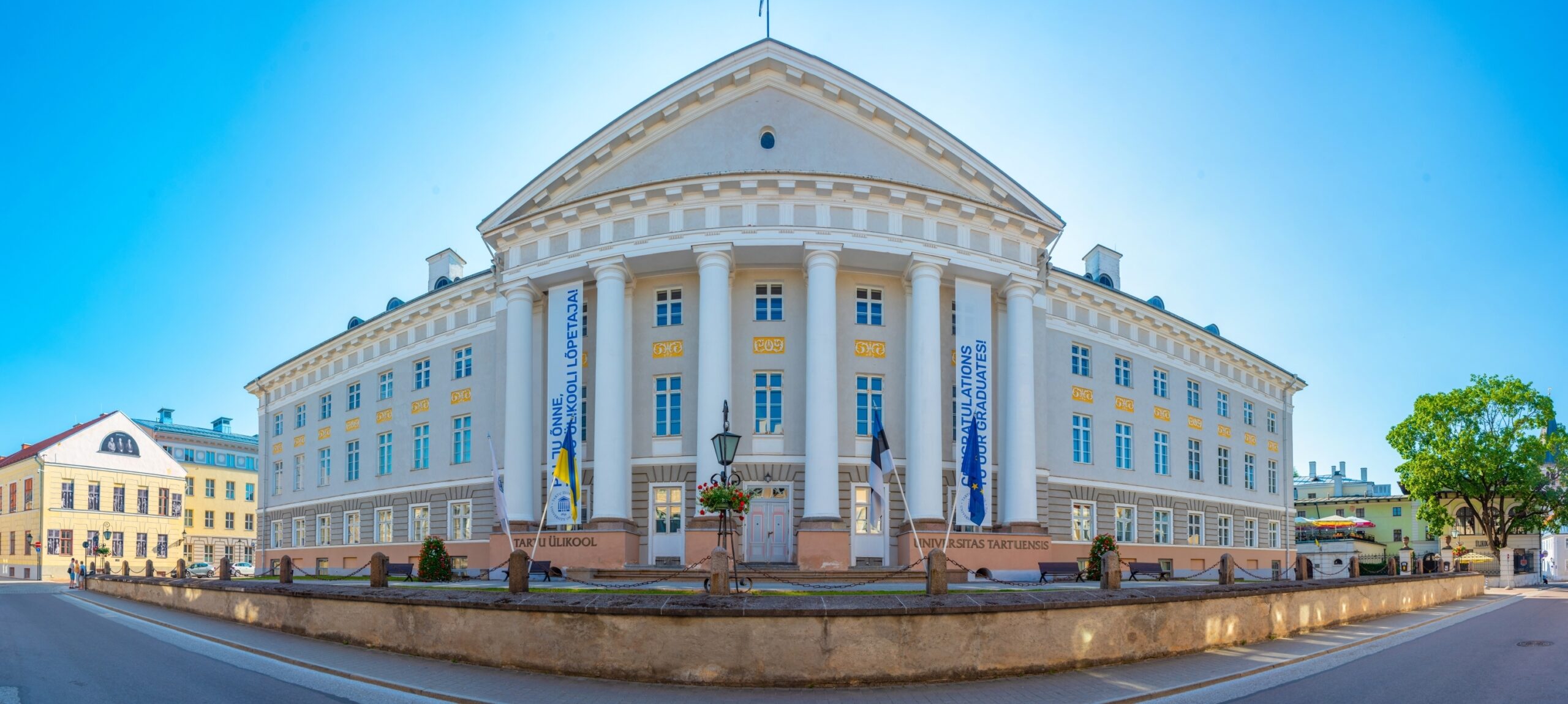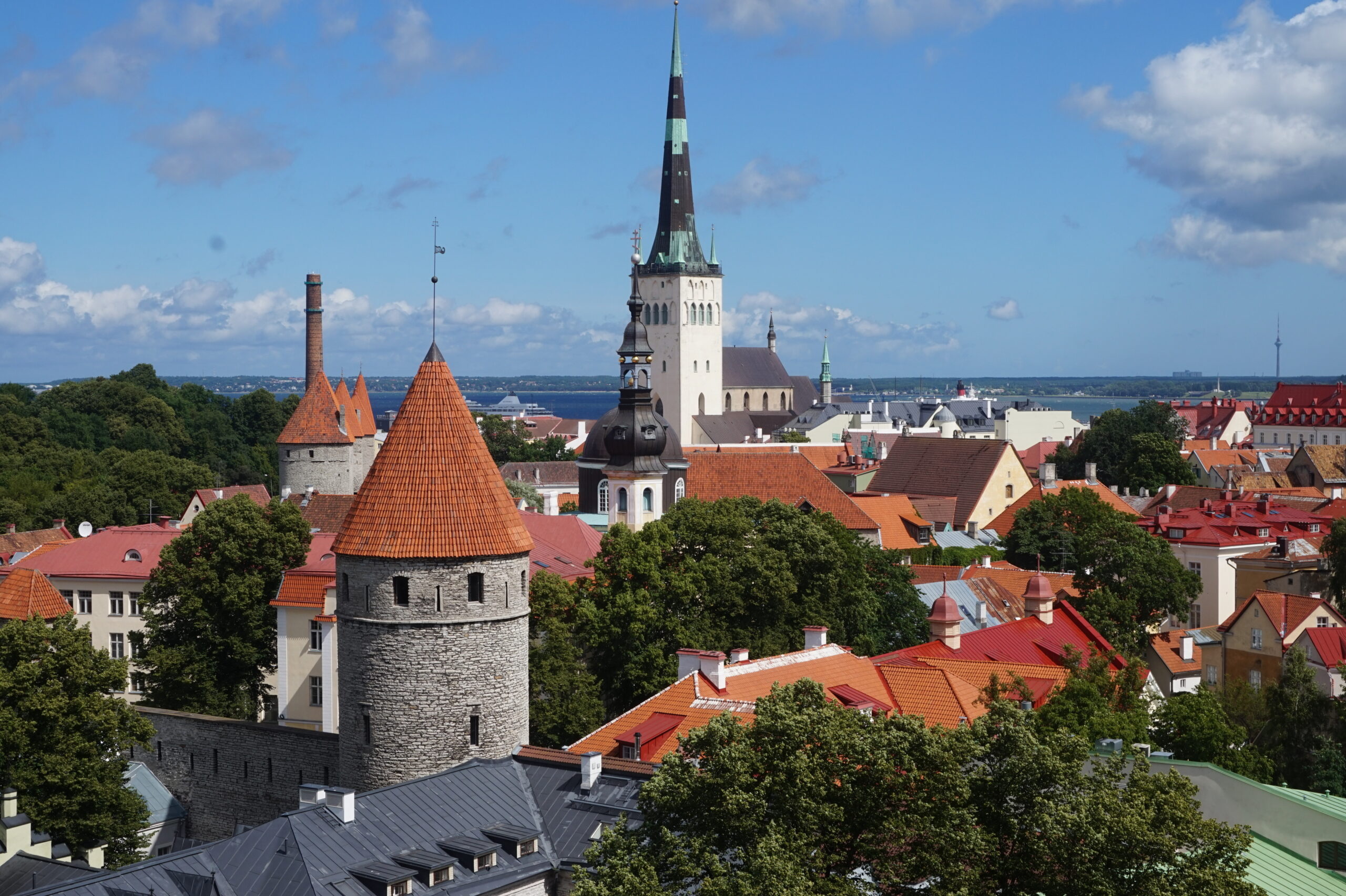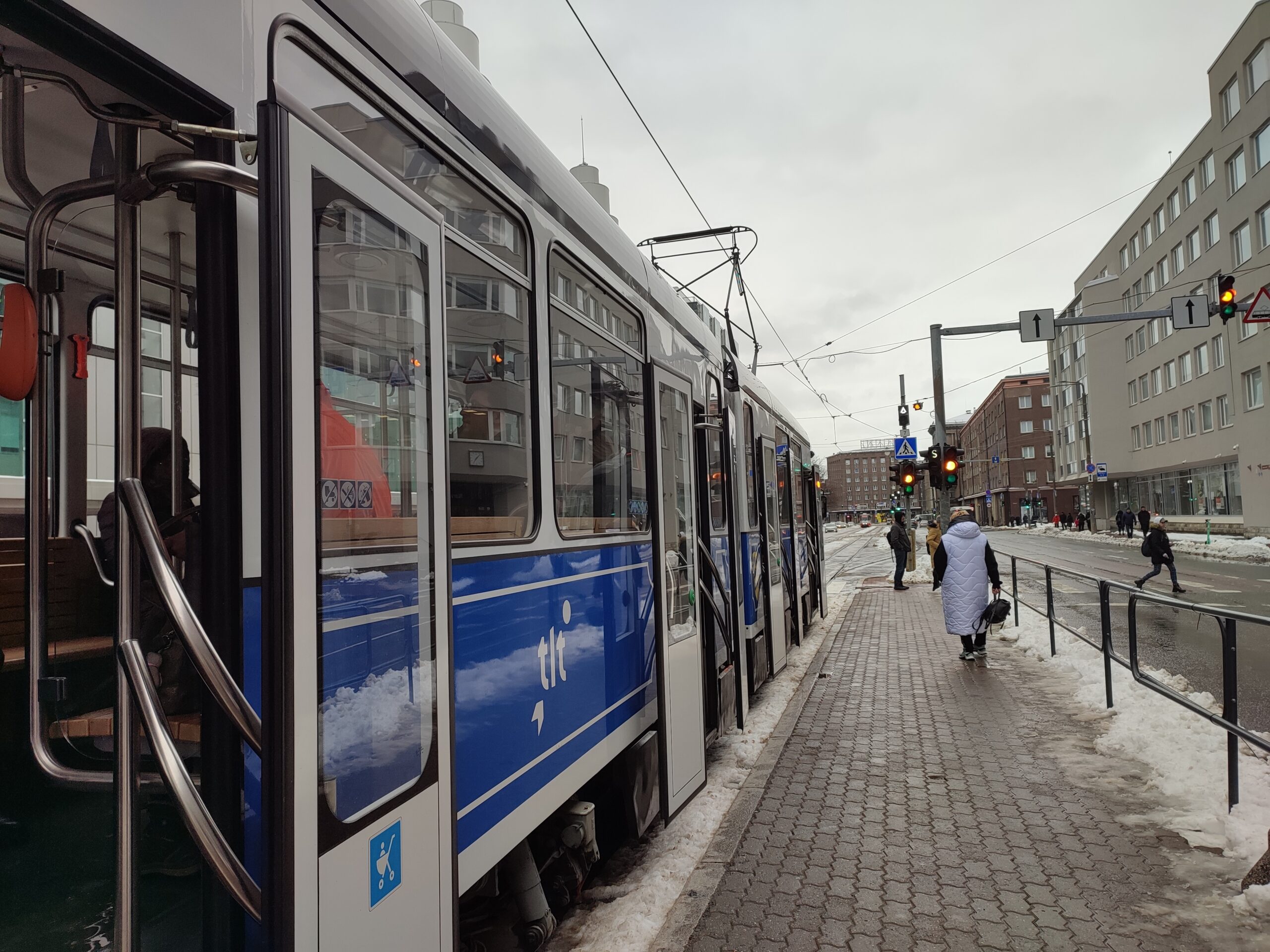UNIVERSITIES
Studying MBBS in Estonia
Estonia is becoming a top choice for medical students looking for high-quality medical education in a supportive, welcoming environment. With top medical universities and a focus on student success, it’s an ideal place for international students, especially from India, to start their journey toward a fulfilling medical career.
Are you interested in studying medicine in Estonia?
We would be happy to advise you free of charge about your options for studying medicine in Estonia.
Why study MBBS in Estonia?

Estonia is quickly becoming a top choice for medical students seeking a world-class medical education. Here’s why:
1. High quality education
Estonia’s medical schools and medical universities offer an integrated curriculum focused on research and practical training, ensuring graduates are ready for the global medical field.
2. Global recognition
MBBS degrees from Estonia are recognized internationally, especially within the European Union, making it easier for graduates to advance their careers.
3. Affordable tuition fees
Estonia provides a high standard of education at a lower cost compared to Western Europe.
4. English-taught programs
Most MBBS programs in Estonia are taught in English, helping international students improve their English language skills and easily integrate into the local learning environment.
5. Cultural and technological hub
Estonia combines rich cultural experiences with cutting-edge technology, offering a vibrant and innovative place to study.

Together for success - futureMBBS and studying medicine abroad
Do you want to study medicine abroad and are looking for the most suitable university for you and don't really know where to start looking for the right country and a good university? futuredoctor is happy to support you!
Besides the Student advisory service In addition to selecting the university and accompanying you to the desired on-site appointments, futureMBBS also offers support during the application process and preparation for possible aptitude tests, as well as orientation at the place of study - including the search for accommodation! Get your application quickly and easily free info pack!
Best universities for MBBS in Estonia
Estonia boasts top-tier medical universities, with the University of Tartu leading the way in medical education. Here’s a look at the best options:
1. University of Tartu
- Estonia’s oldest and most prestigious institution, consistently ranked among the world's most cited universities.
- Offers a 6-year MBBS program with a blend of bachelor's and master's studies in clinical medicine.
- Language: English
- Tuition: €12,000(₹10.6 lakhs)/year
- Recognized by the National Medical Commission of India (NMC)

2. Tallinn Health Care College
- Provides preparatory courses and training in healthcare fields, complementing postgraduate specialist medical training.
- Language: Estonian and English
- Focus: Practical, patient-centered care

3. Estonian University of Life Sciences
- Specializes in environmental health and veterinary medicine, offering strong research opportunities.
- Language: Estonian and English
- Ideal for students interested in the intersection of health sciences and the environment.
Course information: structure and curriculum
MBBS in Estonia is designed to provide students with a strong foundation in medical sciences, combined with extensive clinical practice. The curriculum is structured to ensure that students acquire the necessary knowledge and skills to succeed as medical professionals.
Typical MBBS course structure
The six-year MBBS program in Estonia is structured to develop highly skilled doctors through a blend of theory and practice:
- Year 1-2: Pre-clinical studies focusing on basic medical sciences like physical and chemical properties, atomic and nuclear physics, chemical research methods and also Anatomy, Physiology, Biochemistry, and Histology.
- Year 3: Transition into clinical studies with courses in Pathology, Pharmacology, Microbiology, and Immunology.
- Year 4-5: Advanced training in Internal Medicine, Surgery, Pediatrics, and more, grounded in evidence-based medicine.
- Year 6: Internship and practical training in affiliated hospitals, where students apply their knowledge in real-world clinical settings.
Key courses and subjects
Course title | Year taken | Focus areas |
Anatomy and Histology | Year 1 | Human body structure, tissue organization |
Physiology and Biochemistry | Year 1-2 | Body functions, chemical processes |
Pharmacology | Year 3 | Drug actions, therapeutic uses |
Pathology | Year 3 | Disease mechanisms, diagnostic pathology |
Internal Medicine | Year 4-5 | Diagnosis, treatment of adult diseases |
Surgery | Year 4-5 | Surgical procedures, patient care in surgery |
Pediatrics | Year 4-5 | Child health, pediatric diseases |
Obstetrics and Gynecology | Year 4-5 | Women’s health, childbirth, reproductive medicine |
Psychiatry | Year 4-5 | Mental health, psychiatric disorders |
Clinical Training (Internship) | Year 6 | Hands-on experience in hospital settings |
Eligibility criteria and Admission process
To secure a spot in an MBBS program in Estonia, medical students must meet certain academic and english language proficiency requirements.
Academic requirements
- Educational background: Completion of higher secondary education with strong performances in Physics, Chemistry, and Biology.
- Minimum grades: At least 50% in core science subjects.
Admission process
The admission process for MBBS programs in Estonia typically involves the following steps:
- Online application: Students must fill out an online application form available on the university’s official website.
- Submission of documents: Required documents include academic transcripts, a brief motivation letter, proof of English proficiency, and a passport copy.
- Entrance exams: Pass an online entrance exam in subjects like Chemistry and Physics.
- BMAT (Biomedical admissions test): Some universities may require the BMAT, which tests analytical and argumentation skills, self analysis ability, and scientific knowledge. A minimum positive result required for competitive programs.
BMAT exam structure
Section | Content |
Aptitude and Skills | Problem-solving, data analysis, critical thinking |
Scientific Knowledge and Applications | Chemistry, Biology, Physics, Mathematics |
Writing Task | Argumentative writing, scientific discussion |
Language proficiency
As most MBBS programs in Estonia are taught in English, applicants must demonstrate proficiency in the language. Accepted tests include:
- IELTS: Minimum score of 6.5
- TOEFL: Minimum score of 90
Additional requirements
- Motivation letter: A strong motivation letter can enhance your motivation letter score and increase your chances of admission.
- Recommendation letters: Letters from previous teachers or professors can strengthen the application.
- Interview: Some universities may require an interview as part of the admission process.
Intakes and application deadlines
In northern Europe, Estonian medical schools primarily have a September intake to study medicine, with some offering a February intake. Apply early to secure your place in these medical universities.
Important dates to remember:
Intake period | Application deadline | Entrance exam date |
September | May-July | July-August |
February | October-December | January |
Scholarships for MBBS students in Estonia
Estonia offers various scholarships to support Indian students pursuing bachelor's and master's studies in medicine, helping to ease tuition and living costs.
Types of scholarships available:
- Estonian government scholarships: These cover tuition fees and living expenses based on previous education and academic performance.
- University-specific scholarships: Universities like Tartu provide merit-based awards, covering partial fees or stipends for top students.
- Erasmus+ program: While primarily for exchange students, the Erasmus+ program can also help teach students in Estonia by providing financial support.
How to apply for scholarships
- Eligibility: Check the specific criteria, such as minimum and maximum number of awards.
- Application process: Submit forms with academic records, motivation letters, and proof of financial need.
- Deadlines: Track these closely, as they may differ from university application dates.
Visa application process
To study in Estonia, international students need a long-term student visa (Type D). Here’s a streamlined guide:
- Acceptance letter: Obtain an acceptance letter from your Estonian university.
- Visa application form: Complete the student visa application form on the Estonian Ministry of Foreign Affairs website.
- Document submission: Provide required documents, including a valid passport, proof of financial means, health insurance, and a passport-sized photo. Make sure your secondary school credentials are included.
- Visa interview: Attend an interview at the Estonian consulate or embassy in your home country.
- Visa processing time: Expect a processing time of about 30 days. Be prepared for any online entrance tests and ensure you're ready for the test environment.
Cost of study and living expenses
Tuition fees
The tuition fees for MBBS programs in Estonia are relatively affordable compared to other European countries. The cost varies depending on the university but typically ranges between €10,000 and €15,000 (₹8.8 lakhs- ₹13.2 lakhs) per year.
Example of tuition fees:
University | Annual tuition fee (€) |
University of Tartu | 12,000(₹10.6 lakhs) |
Tallinn Health Care College | 10,000(₹8.8 lakhs) |
Estonian University of Life Sciences | 9,000(₹7.9 lakhs) |
Living expenses
The cost of living in Estonia is moderate, with students requiring between €300 to €600(₹26,400 - ₹52,800) per month to cover expenses such as accommodation, food, transportation, and leisure activities.
Estimated monthly budget:
Expense type | Cost (€) |
Accommodation | 150-300(₹13,200-₹26,400) |
Food | 100-150(₹8,800 - ₹13,200) |
Transportation | 20-50(₹1,760 - ₹4,400) |
Miscellaneous | 30-100(₹2,640 - ₹8,800) |
Health insurance
Health insurance is mandatory for all international students in Estonia. Students can either opt for local Estonian health insurance or choose an international plan that covers their medical expenses in Estonia. The average cost for health insurance ranges from €100 to €300 (₹8,800 - ₹26,400) per year.
Career opportunities and job prospects
Post-graduation pathways
After completing their MBBS in Estonia, students have several options to pursue their careers:
- Residency programs: Graduates can apply for residency programs in Estonia or other EU countries to specialize in a particular field of medicine.
- Practicing medicine in Europe: The MBBS degree from Estonia is recognized across Europe, allowing graduates to practice in various EU countries.
- Further studies: Students can choose to pursue a Master’s or Ph.D. in specialized fields like Surgery, Cardiology, or Medical Research.
Job prospects
Estonia presents a fantastic job market for medical professionals, with both public and private healthcare opportunities. But it’s not just about traditional roles—Estonia is a hub of digital healthcare innovation. If you’re passionate about health tech, this is the place where you can be at the cutting edge of new technologies and advancements.
Estimated salary for doctors in Estonia:
Position | Annual Salary (€) |
General Practitioner | 30,000 - 40,000(₹26.4 lakhs - ₹35.2 lakhs) |
Specialist (e.g., Surgeon) | 45,000 - 60,000(₹39.6 lakhs - ₹52.8 lakhs) |
Hospital Consultant | 55,000 - 75,000(₹48.4 lakhs - ₹66.4 lakhs) |
Work permit and immigration
After completing your MBBS, Estonia makes it easy for international students to stay and work. With a straightforward process for getting a residence permit for employment, especially in the high-demand healthcare sector, you can start your professional journey with confidence.
Living in Estonia: a student’s perspective
Estonia is a welcoming country with a high standard of living. It offers a safe and vibrant environment to live and study for international students.
Accommodation
Students can choose between university dormitories and private rentals. University dormitories are more affordable, costing between €150 and €300(₹13,200 to ₹26,400) per month. Private rentals may be more expensive, particularly in cities like Tallinn.
Cultural experience
Estonia is a place where old-world charm meets modern vibes. Picture yourself exploring cozy medieval towns, joining fun festivals, and enjoying gorgeous landscapes.

Language and communication
While Estonian is the official language, English is widely spoken, particularly among young people and in academic settings. International students can easily navigate daily life without needing to learn Estonian, though picking up some basic phrases can enhance the experience.
Transportation
Getting around Estonia is a breeze! Public transport here is not only efficient but also easy on the wallet. You can catch buses, trams, and trains to zip around town or explore the country. And if you’re a student in Tallinn, you get free rides on public transport—just register as a resident!

Leisure and extracurricular activities
Estonia has something for everyone, whether you want to hike through stunning national parks or dive into the lively nightlife in Tallinn. Universities here also offer plenty of ways to get involved, from sports and music to volunteer groups. It’s easy to make the most of campus life and have fun outside the classroom.

Challenges and considerations
Studying MBBS in Estonia comes with incredible benefits, but it's also important to be aware of and embrace some key challenges:
- Cultural adjustment
Moving to Estonia means adapting to a new culture and lifestyle. The cold winters and shorter days might take some getting used to, but it’s also a chance to immerse yourself in a unique environment. - Language barrier
Even though English is common, picking up some Estonian can make daily life easier and help you connect with locals. - Competitive admission
Getting into Estonian medical universities can be tough due to high standards. Preparing well for entrance exams and meeting all application requirements can make the acceptance process more manageable and rewarding. - Cost management
While living costs in Estonia are reasonable, budgeting carefully is key. Scholarships are also available to help ease the financial load.
Conclusion
Studying MBBS in Estonia is a fantastic chance for international and Indian students to receive top-quality education, gain global recognition, and immerse themselves in a new culture. Estonia’s blend of affordable tuition fees, cutting-edge education, and vibrant student life makes it an appealing choice for future doctors.
With careful planning of handling admissions, securing scholarships, and adjusting to life in a new country—you’re set to enjoy a respected degree and a rewarding medical career. futureMBBS is here to support you every step of the way, ensuring you make the most of your MBBS journey in Estonia and build a successful future in medicine.
STARTING SHOT
What are you waiting for? 🎉
Order your information package now, find out about studying medicine abroad and get started as a medical student!
FAQs about studying medicine in Estonia
What are the advantages of studying medicine in Estonia?
Estonia doesn’t have strict limits on the number of medical students it admits. At the University of Tartu, you can study medicine in English amidst a lively international community.
What are the admission criteria for studying medicine in Estonia?
You need a high school diploma. Your GPA doesn’t matter. Instead, you’ll take an online entrance test, write a motivation letter, and go through an admissions interview.
Is the medical degree programme in Estonia offered in English?
Yes, the University of Tartu runs its medical program in English, so international students can study comfortably without worrying about language barriers.
What is the student city of Tartu like?
Tartu, Estonia’s second-largest city and the oldest in the Baltic States, has a vibrant student scene. It’s filled with a charming old town, cool cultural spots, and lots of fun things to do.
Which university in Estonia offers a MBBS degree program?
The University of Tartu is the top choice for studying medicine in Estonia, known for its excellent reputation both in Estonia and around the world.
How is the medical degree program in Estonia structured?
The six-year program includes both a Bachelor's and a Master's degree, with initial years focused on medical basics, followed by clinical years with internships and hospital rotations.
How much does it cost to study medicine in Estonia?
Tuition at the University of Tartu for the English-taught medical program is €13,200(₹11.6 lakhs) per year. The cost of living in Estonia is relatively affordable compared to other Western European countries.
What should I bear in mind when applying to study medicine in Estonia?
Applicants need to participate in the BioMedical Admissions Test (BMAT) and submit a letter of motivation. Successful candidates will be invited for an interview. Futuredoctor offers support throughout the application process.
What are some interesting facts about Estonia?
Estonia offers a rich history, a diverse landscape and is known for its digital society. It has one of the highest English proficiency rates in Europe and many uninhabited islands.
29 countries for your medical studies
Netherlands
Groningen, Maastricht, Amsterdam, Leiden, Utrecht, Rotterdam
Switzerland
Basel, Fribourg, Bern, Geneva, Zurich, Neuchâtel, Lausanne


























